ATLANTA—Atlanta is home to six Historically Black Colleges and Universities (HBCUs) and at least two Predominantly Black institutions (PBIs), a statement that was made during a summit hosted by the United Negro College Fund (UNCF).
Educators, philanthropists, students, faculty and experts attended the five-day UNCF UNITE 2022 Summit themed “Delivering on the Promise of Black Higher Education.”
“We wanted to use this conference to challenge the participants in this space, which are composed largely of strategic leaders at HBCUs and PBIs but also includes subject matter experts and champions, researchers and funders, to ask the question, what is the next stage of delivering on the promise of Black higher education?” Julian Thompson, director of strategy development for the Institute of Capacity Building, explained to The Final Call.
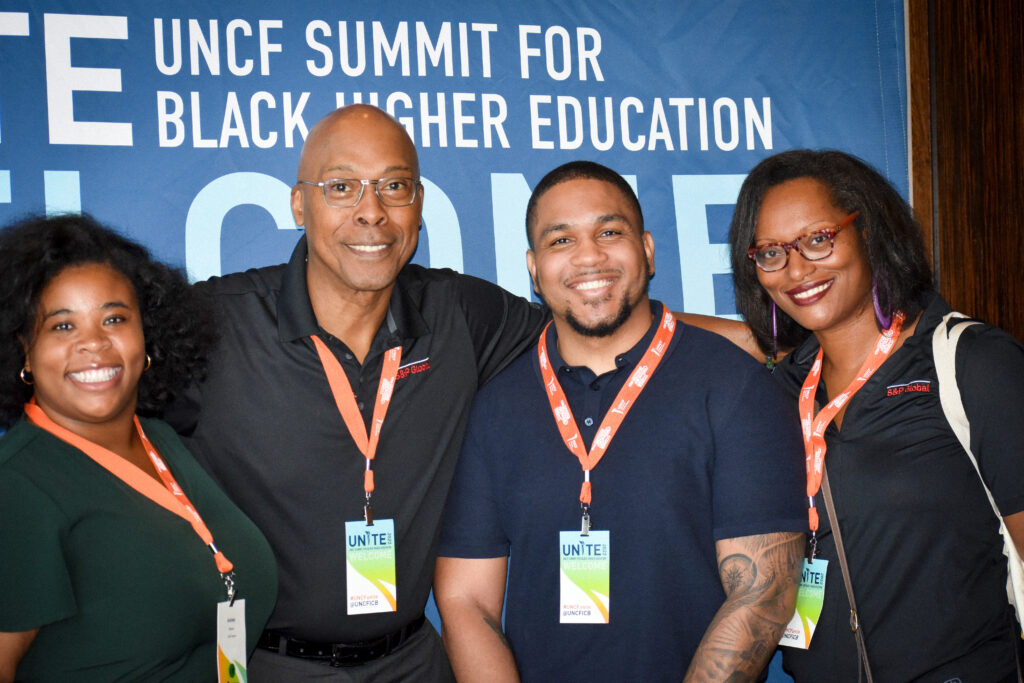
“HBCUs are well-known for the historic value they’ve provided to the Black community. And people don’t know as well, but they continue even today to punch above their weight, or to provide benefits to Black and marginalized people that supersede the outcomes that you see from Predominantly White Institutions (PWIs),” he continued. “And so, we see this space as an incubator, as a space for networking, collaboration and innovation by those who are most concerned with how HBCUs should position themselves for the future.”
Kierra J. Smith from Florida Memorial University in Miami Gardens told The Final Call she likes the word “promise,” because it means that somebody cares.
“It’s intentional, and it needs to be that way. We are still pretty behind. And it’s not that people don’t want to go to college,” she said. “That goes back to the access and resources to get there. And even if you get there, the access and the resources to finish the whole thing. I don’t think we talk about that enough. Just making sure that students know that they have the support.”
Summit topics included executive leadership, strategic finance, digital solutions, mental health and student success presented by faculty from at least 24 institutions.
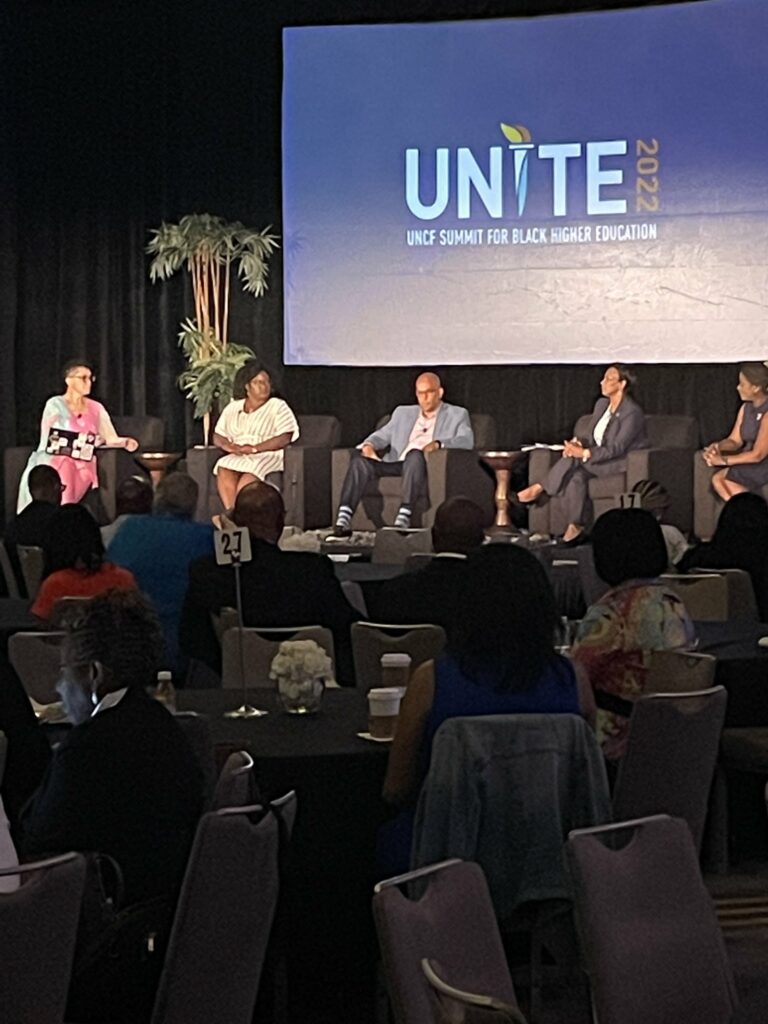
Suzanne Walsh, (far left), president of Bennett College, an all-women’s HBCU in Greensboro, N.C., moderates a panel on the community role of HBCUs. Photo: Twitter
“One of the great wins, I think, for folks who have been able to join us this week has been to hear about what’s happening on the ground at institutions across our country, so that as we sometimes say, folks can adopt and adapt to ensure that those practices work for their own institution,” Mr. Thompson said.
Representatives from more than 60 institutions attended the June 12-16 summit, including more than 30 UNCF member institutions. According to the National Center for Education Statistics, in 2020 there were 101 HBCUs located in 19 states, the District of Columbia and the U.S. Virgin Islands. There are at least 40 predominantly Black institutions, according to the list of institutions awarded “PBI Program Formula Grants” in fiscal year 2021.
“Imagine an alternate reality without Black colleges. Could you imagine that? Where would we be?” questioned Milton Jones Jr., first Black chair of UNCF’s Board of Directors.
Opening plenary guest speaker Dr. Eddie Cole spoke on how HBCU presidents of the past influenced racial policies and practices that society benefits from today. Dr. Cole is the associate professor of higher education and history at the University of California, Los Angeles, and author of “The Campus Color Line: College Presidents and the Struggle for Black Freedom.”
He addressed how from the 1940s to the 1960s, HBCU presidents helped to institute policies and practices related to HBCU underfunding and affirmative action, issues that still plague Black colleges today.
Current college students Chauncy Whaley of Edward Waters University, Paulina Webber of Dillard University and Kailie Williams of Wiley College served on a morning panel June 14.
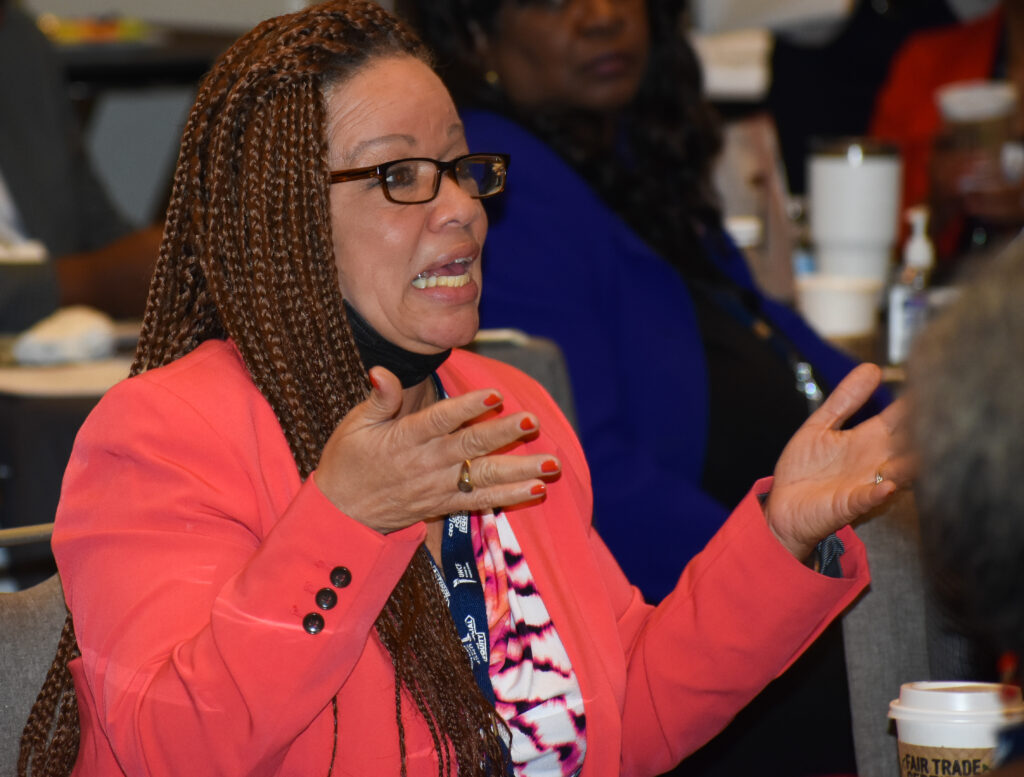
Mr. Whaley, a rising senior graphic design major and the central region director of UNCF’s National Pre-Alumni Council Board, told The Final Call he was looking forward to dialoguing with administrators from different HBCUs to see how they have been navigating through the pandemic, successes and failures and how to move forward with the next generation of HBCU students so that they become the best they can be.
“One of the things about our HBCU community being so big is that we actually can have people from different areas that are asked to come together and share their ideas. Because I believe when we get together as a community, we can share our successes and failures and it’ll be beneficial,” he said. “So that’s one of the things about this conference that’s so amazing, and it’s going to impact, it’s going to make a difference as we leave this place in Atlanta, Georgia, and go back and just learn and grow together.”
During the panel, Mr. Whaley talked about how HBCUs and their students had the opportunity to grow during the pandemic when a lot of people expected failure. For him, the promise of higher Black education means something that is guaranteed because of history.
“Not only am I living in the promise, but I have a responsibility” to share the wealth with those behind me, he said.

Dr. Monica Leach, provost and senior vice chancellor for Academic Affairs at Fayetteville State University in N.C., told The Final Call she was interested in the sessions around student success “that will help us sort of continue to think outside of the box and realign and reimagine some of the things that we’re currently doing at the institution that speaks to retention, graduation and our student success metrics.”
Career pathways
“Imagine what Black colleges and universities could achieve if unfair impediments to their success were strategically and irrevocably removed,” read a slide presentation on UNCF’s Institute for Capacity Building.
“In 2006, the Institute for Capacity Building was created because we wanted to start to be really thoughtful and strategic about how HBCUs improve, how they think about their operations, their fiscal management, how they prepare students for academic success and to really think about the strategies, the innovations, the professional development, the technology that can be used to help HBCUs meet the needs of the students of the 21st century,” Mr. Thompson said.
A part of the challenge in developing the institute was coming up with the networked approach to collaboration, he expressed, including creating an environment of trust between institutions.
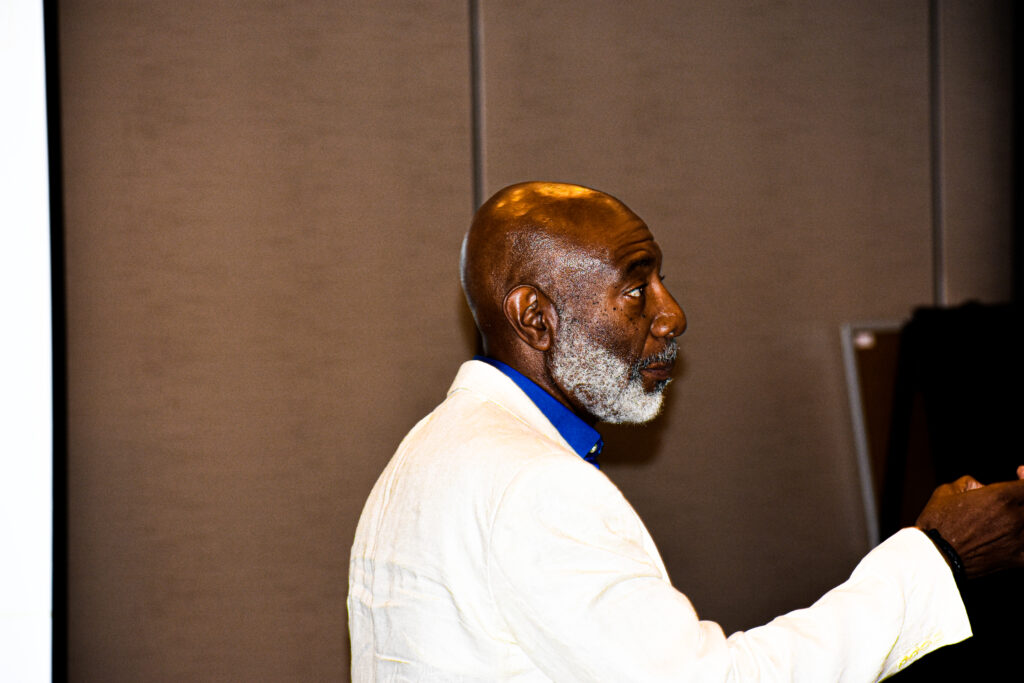
“When we first started our work, people held that close to the vest. They didn’t want to share or open up. But that’s an important part of any change process,” he said. One of the significant wins has been getting institutions to believe in the collaborative approach, he continued.
In 2016, the institute received a $50 million grant called “career pathways initiative” to help facilitate collaborations between Black colleges.
As the director of the initiative at Rust College in Holly Springs, Miss., Sandra Burke finds it imperative to help students define their careers. The pathway starts during freshman year and continues to senior year.
“That’s what the pathway is all about, to get them prepared, career ready. And students are just realizing that it’s important that they are career-ready if they want to compete,” she said.
Mr. Thompson explained that collaborations are in the DNA of Black colleges and universities. This past Martin Luther King Jr. Day, he read Dr. King’s eulogy for W.E.B. Du Bois delivered in 1968.
“In Dr. King’s eulogy of Du Bois, he lauds Du Bois for some of the work he did in the 1940s to bring HBCUs together for that very purpose,” he said.
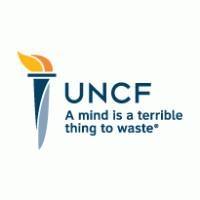
Chanel L. Fort, director of Academic Innovation at Stillman College in Tuscaloosa, Ala., attended an enrollment management session. She is one of the transformational leaders for the career pathways initiative grant and supports her institution with implementing the 5-year quality enhancement plan.
She told The Final Call the workshop’s presenter gave the perspective on thinking about enrollment holistically, which included leading students through their academic career beyond the enrollment process.
She also attended a session on how to attract the 21st century student, where she learned strategies for student success, such as capturing the needs of the student, understanding what motivates students, and thinking about the distractions and barriers to student success and how to respond to student needs.
At Florida Memorial University, Ms. Smith works in ‘iROAR,’ a department funded by the UNCF’s career pathways initiative. It stands for “intentional readiness for occupational acquisition and retention.”
“All that means is, we’re making sure that we provide the resources to our students,” such as scholarships, internships, resumes, public speaking and how to look and sound professional, Ms. Smith said.
She stated the biggest challenges related to the career pathways is students picking majors without knowing what they mean and wanting everything immediate and easy. For her, it’s about instilling in them confidence. To help do that, she gives her students worksheets and motivational things they can put on their computers or dorm walls, and she engages in trust-building.
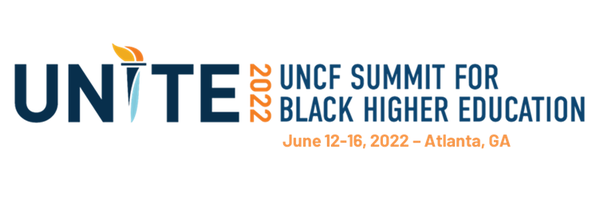
The future of Black higher education
Industry leaders participated in a series of talks related to the future of Black Higher Education.
Illya E. Davis, instructor of philosophy and director of freshmen and seniors’ academic success at Morehouse College in Atlanta, spoke about doing away with the commodification of students and institutions. He noted that students are not “customers,” and schools are not “brands,” because brands “manipulate themselves for a mere sale.”
“No historically Black college is ever for sale,” he said.
Dr. Ivory Toldson, professor of counseling psychology at Howard University and national director of Education Innovation and Research at the NAACP, presented the frequently asked question, “Why go to an HBCU? The ‘real world’ isn’t majority Black.”
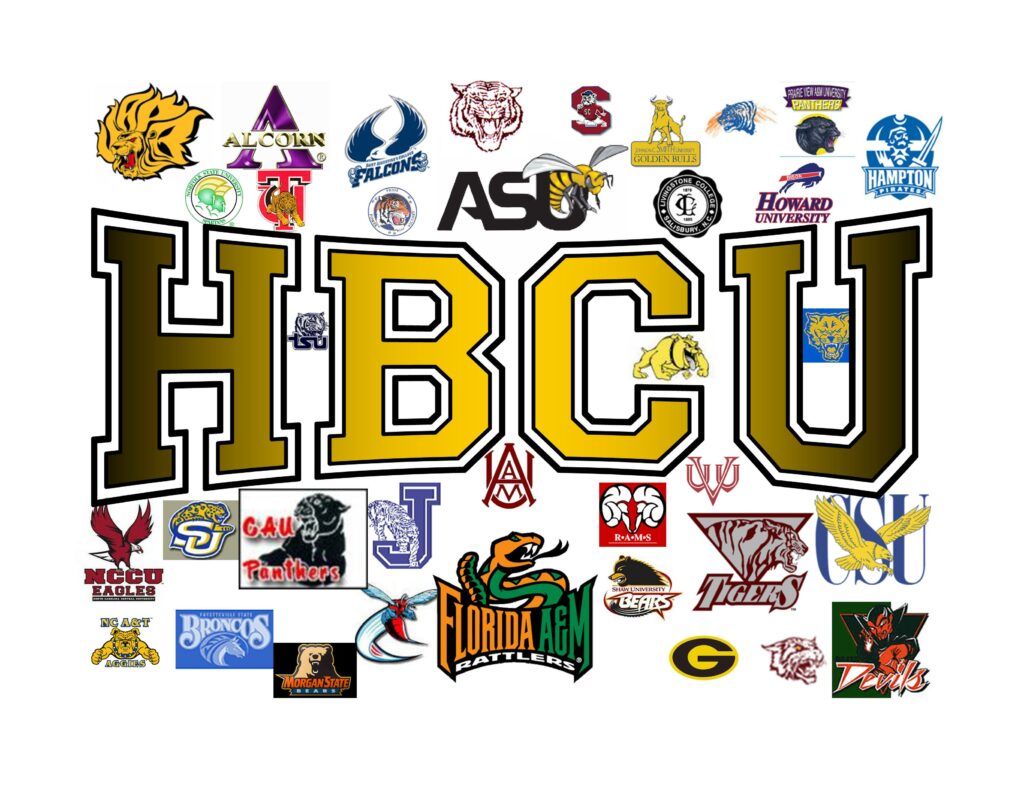
“The ‘real world’ isn’t majority White, either,” he quoted from Florida Agricultural and Mechanical University student Will Packer. U.S. census data in recent years show that less than half of children under 15 in the U.S. are White.
Dr. Toldson addressed the problem of Black scholars being labeled as non-objective when presenting research related to Black issues and stated that the suppression of HBCUs is a suppression of Black thought. Instead of creating content for dry, peer-reviewed publications, Black scholars need to get their content out to the people who need it the most, he said.
He is the author of the book “No BS (Bad Stats): Black People Need People Who Believe in Black People Enough Not to Believe Every Bad Thing They Hear about Black People.” He started the book off by saying, “Soul food didn’t come from emulating White cooks. Jazz, rock and roll and hip hop didn’t come from emulating White musicians. And good Black research won’t come from emulating White scholars.”
Nicole Lynn Lewis graduated from high school with honors. She started at The College of William and Mary, a PWI in Williamsburg, Va., and one of the oldest colleges in the country. She was an English major who loved to read and write. She would hang out with friends and listen to Biggie Smalls, Lil’ Kim and Mary J. Blige. She was also student teaching to get certified to be an English teacher for middle and high school and working on her creative writing honors thesis.
But when she found out she got accepted to William & Mary, she was eight months pregnant. She questioned if she belonged, and everything was intimidating due to little financial resources.
“Every day was 24 hours of survival,” she said as she presented on what she described as an “invisible population”: parenting students.
According to the Institute for Women’s Policy Research, more than one in five, or 22 percent, of all undergraduates are parents. Black students are more likely to be parents, and Black women are more likely to raise children while in college.
Ms. Lewis recalled one vivid memory of being at the grocery store, because she couldn’t afford a meal plan at her college.
“I had my daughter in the cart and I just gathered up maybe $20 worth of groceries, put them in the cart and got to the register. There were several people behind me. And the cashier told me what our total was, about $20 like I said, and my debit card was declined,” she said. “And I had to push my daughter into the parking lot in that cart and I didn’t know where we were going to eat that night or what we were going to eat that night.”
Food, housing and childcare were hard to come by, she expressed. Nevertheless, four years after stepping foot on campus, she graduated with high honors, making her an anomaly to the statistics on teen parents. It was not an option for her to fail, because her daughter counted on her.
Ms. Lewis took her experience and founded Generation Hope in 2010, where she and her team provide financial resources, mental health support, a career readiness program and a mentoring program to students who are parenting. They also have an early childhood program to help children get ready for kindergarten.
Noticing the “sinkholes” and “gaps” in colleges across the country when it came to parenting students, she is now partnering with colleges and universities to help transform their campuses to be family-friendly and is working with policymakers on the local and federal levels to look at legislation to help remove systemic hurdles.
Her words stood out to Ms. Smith of Florida Memorial University. “We don’t think about students like that. It’s just like, oh, everybody’s just a kid. Like, yes, she’s just a kid, but she has her own kid and she may need different services and you may need to check on her a little bit more so that she can finish,” she expressed. “We have that same experience where I am, and even if they don’t have a child, they may be the breadwinner at home and you’re wondering why ‘oh, how come you missed that class?’ ‘Well, I had to pick up an extra shift.’ You have to do what you have to do. You can’t worry about the class if you’re worried about the roof over your head or the food that’s not in your refrigerator.”
Transformation and development
In a presidential discussion on the sustainability of Black colleges and universities, Dr. Charlie Nelms, chancellor emeritus of North Carolina Central University in Durham, pointed out four things change in college leadership must be anchored by: the institution’s mission, governance, the institution’s culture and its leadership.
“Those things together are necessary for effective transformation and sustainability. Otherwise, all you have is episodic change dressed and disguised as transformation,” he said.
He also spoke about getting the right people on college boards and how some people are not fit to be on a board due to greed and selfishness.
Nicco Nolen-Brady, a rising senior graphic design major at Central State University in Wilberforce, Ohio, helped design the summit’s posters and flyers. He told The Final Call he was looking to learn how to carry himself in a professional atmosphere.
Dr. Evelyn P. Leathers, executive director of Development Institutional Advancement at Johnson C. Smith University, saw the summit as an opportunity for connection and professional development.
“The way I see it, everyone in this world, in this country, in this universe is connected to an HBCU somehow or another. So it continues to be critical for us to place emphasis on historically Black colleges and universities in the United States,” she said. “We are graduating engineers, doctors, lawyers. You name it, we have it. We have it down. We just need to continue to grow in that direction, which is a constant reminder of what our forefathers did to get us here, where we are today.”
Mr. Thompson said he hopes through the innovation displayed during the summit, corporate and philanthropic communities realize that HBCUs are not afterthoughts in higher education but are leaders. He also hopes participants walk away knowing they have people to call on and rely on.
“We don’t want this conference to be a space where people learn and ideate and then wait another 360 days for the next conference to start,” he said. “And so we hope that we’ve been able to create an environment where people feel like they can build relationships here that can manifest throughout the year and then build toward the next conference.”
(Stay tuned for additional coverage from the summit in future editions of The Final Call.)













